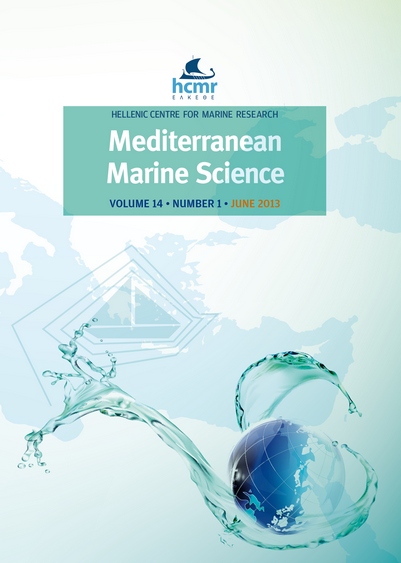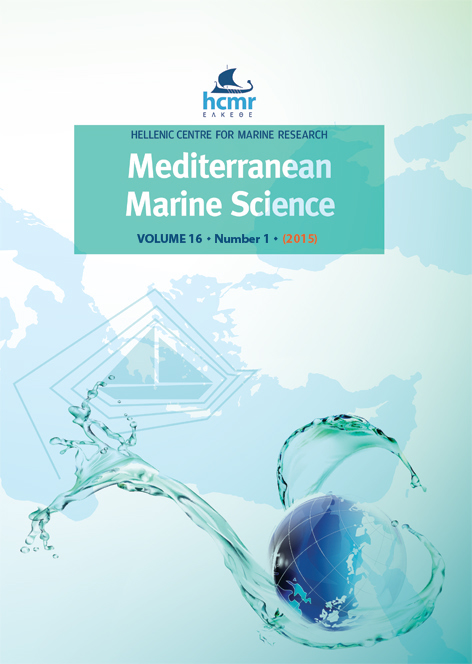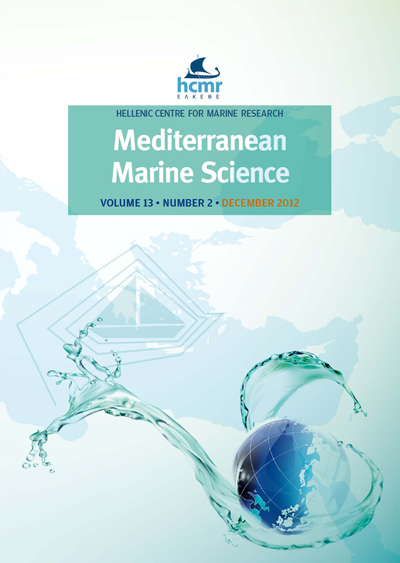First record of Dipolydora blakei (Annelida: Spionidae) from Europe: Greece, Mediterranean Sea
Résumé
The spionid polychaete Dipolydora blakei is identified from benthic samples collected in the Aegean Sea off Chalkis and the Ionian Sea off Kalamitsi, both on the coast of Greece. Adults of D. blakei are characterized by having the falcate spines of chaetiger 5 with a large lateral tooth and bristles on the convex side of a long and pointed main fang, awl-like spines in posterior notopodia, branchiae beginning from chaetiger 7 and a pygidium with two lateral lobes. This is the first report of the species from the Mediterranean Sea and European waters and the second record (after one from Brazil) outside its type locality in deep-water off New England in the north-west Atlantic Ocean. The morphology of the Greek specimens is described and illustrated and diagnostic characters of the species are discussed. The origin of these specimens in the coastal waters of Greece is uncertain and the species is considered as cryptogenic in the Mediterranean Sea. An identification key to Dipolydora species with bristle-topped falcate spines in chaetiger 5 known from the Mediterranean Sea and European waters is provided.
Article Details
- Comment citer
-
RADASHEVSKY, V. I., & SIMBOURA, N. (2013). First record of Dipolydora blakei (Annelida: Spionidae) from Europe: Greece, Mediterranean Sea. Mediterranean Marine Science, 14(1), 19–23. https://doi.org/10.12681/mms.322
- Numéro
- Vol. 14 No 1 (2013)
- Rubrique
- Short Communication
Authors who publish with this journal agree to the following terms:
- Authors retain copyright and grant the journal right of first publication with the work simultaneously licensed under a Creative Commons Attribution Non-Commercial License that allows others to share the work with an acknowledgement of the work's authorship and initial publication in this journal.
- Authors are able to enter into separate, additional contractual arrangements for the non-exclusive distribution of the journal's published version of the work (e.g. post it to an institutional repository or publish it in a book), with an acknowledgement of its initial publication in this journal.
- Authors are permitted and encouraged to post their work online (preferably in institutional repositories or on their website) prior to and during the submission process, as it can lead to productive exchanges, as well as earlier and greater citation of published work (See The Effect of Open Access).









